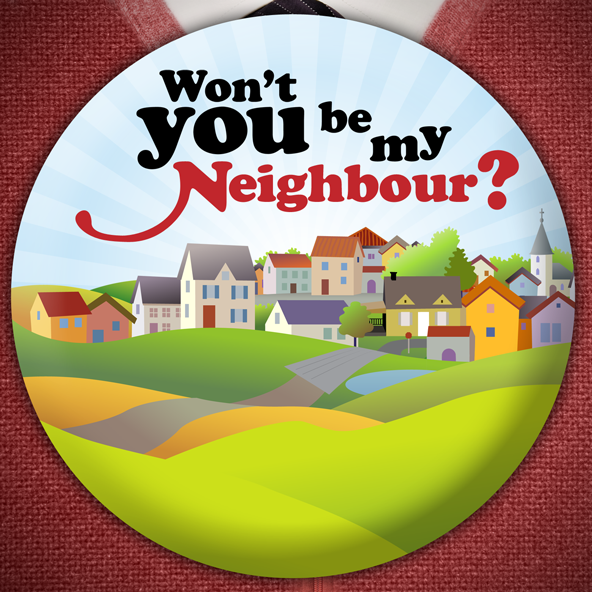When people ask you how you’re doing – have you every included the word “busy” in your answer?
One NY Times article called “The Busy Trap” that went viral commented, “It’s become the default response when you ask anyone how they’re doing: “Busy!” “So busy.” “Crazy busy.””
Notice it isn’t generally people pulling back-to-back shifts in the I.C.U. or commuting by bus to three minimum-wage jobs who tell you how busy they are; what those people are is not busy but tired. Exhausted. Dead on their feet. It’s almost always people whose lamented busyness is purely self-imposed: work and obligations they’ve taken on voluntarily, classes and activities they’ve “encouraged” their kids to participate in. They’re busy because of their own ambition or drive or anxiety, because they’re addicted to busyness and dread what they might have to face in its absence.
Yes, for most of us, busyness is a choice, and we kind of like it!
But what are its consequences?
One psychiatrist listed a few:
- It is so easy with cellphones and BlackBerrys a touch away.
- It is a kind of high.
- It is a status symbol.
- We’re afraid we’ll be left out if we slow down.
- We avoid dealing with life’s really big issues — death, global warming, AIDS, terrorism — by running from task to task.
- We do not know how not to be busy.
There are many, but we’ll focus today on the consequence for our neighbours, since Jesus said this was so important.
When I first moved to Ajax, it naturally took a little time to meet all our neighbours. Most memorably, two distinct families said the same thing when they met us. One said, “I’m really sorry we’re just meeting you, I had made cakepops for you guys, but then got too busy to bring them over.” Another said the same thing, “my wife was going to bake a pie to welcome you, but we got too busy.”
It’s heartbreaking – firstly because I could have had some excellent desserts, but also because it’s obvious how hectic our lifestyles can be, and how it inhibits forming lifegiving relationships.
Question: On a scale from 1 to 10 how busy is your life right now?

